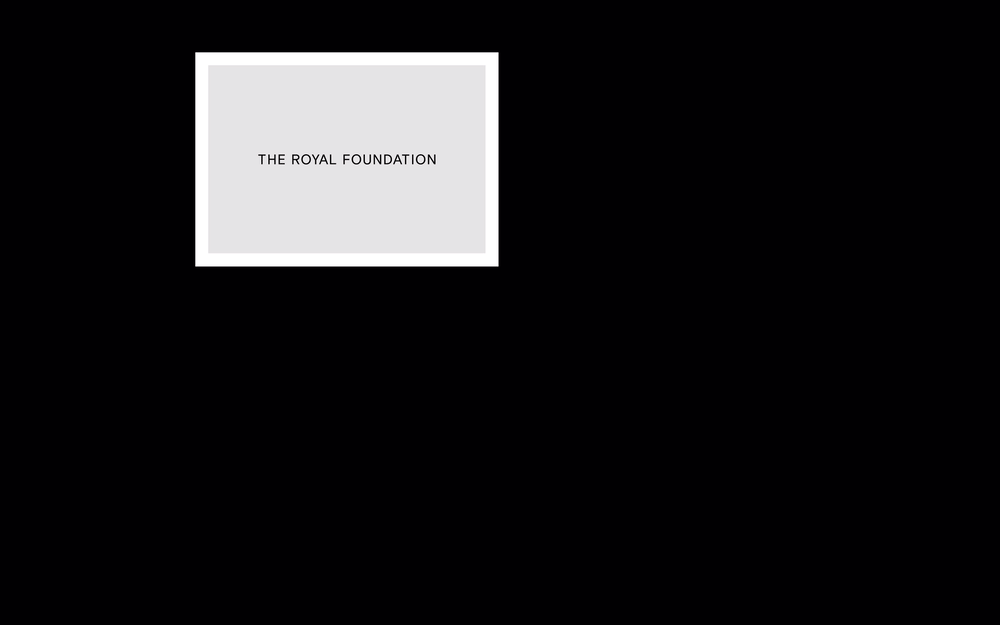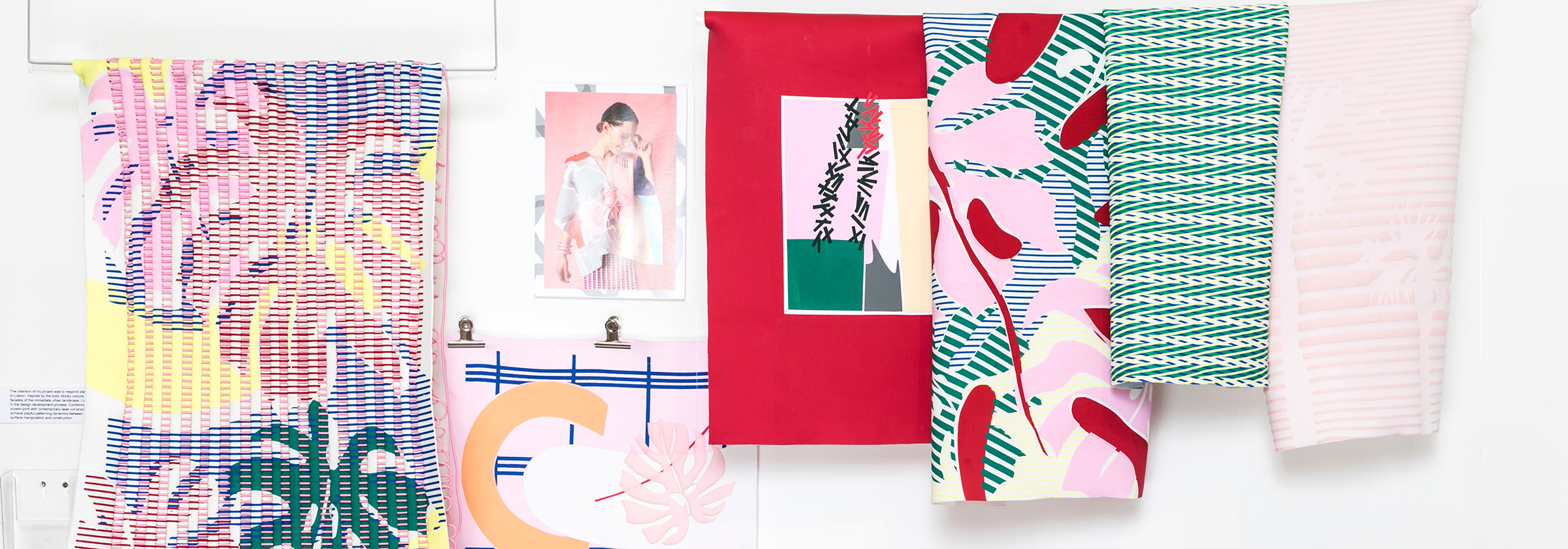Stephanie McLaren-Neckles graduated from London College of Communication (LCC) in 2008. Her interest in co-created design has led her to start community engagement agency twenty%extra, of which she is a Director, and co-found Let’s Be Brief, a learning platform for curious and creative minds.
Stephanie works at the intersection of culture, communications and education, and has built up a diverse portfolio of client projects for the likes of Louis Vuitton, Royal Foundation, Channel 4, British Council, Virgin, Peabody and Time’s UP UK. As well as this, Stephanie is also a senior lecturer at LCC, and recently chaired the Enterprising Alumni Association's panel discussion, Change for Good: Social Enterprises from UAL Graduates.
We spoke to her about her career so far, and what advice she’d give to enterprising alumni during COVID-19.

What inspired you to set up Let’s be brief?
In 2009 I set-up TWENTY%EXTRA, a design and communications consultancy with my then partner, now husband, Ansel Neckles. One of our first jobs was to produce a co-designed youth campaign for an environmental charity. Working with an amazing group of young people, our aim was to educate our students about the brand communications process to help them produce the campaign. So we set up a blog - aka Let’s Be Brief - as a research hub to showcase interesting work and as a dialogue with our students. It was for internal use only, then we realised other people were reading it! Clearly, we were oblivious to private settings at the time.
From there it organically grew an audience and we expanded out to producing content, events, and professional development programming for the creative community. It has also continued to be part of the research and engagement process for TWENTY%EXTRA too.

What were the biggest challenges you faced, and how did you overcome them?
There have been many. One of the biggest challenges in our earlier stages was the lack of a relevant network and context. So we created our own by just doing our own thing — developing our practice along the way. Having a platform enabled us to reach out to lots of incredible people for interviews and project collaborations. And in a wonderful feedback loop, this also led to attracting partners and clients. We discovered sometimes your problem can also be your answer.

What has been your proudest moment so far?
We’ve been fortunate to have had some amazing and rewarding moments, from interviewing musical greats such as George Clinton and Tony Allen, running pop-up shops for indie brands to helping young creatives such as Yinka Ilori and Martina Paukova at the start of their careers.
But one of the key highlights was when we launched the Let’s Be Brief Pop-Up School in 2014. It was a bit of a pivot at the time, but we wanted to put on a relevant programme of learning for people like us — enterprising creatives. It resulted in a very exhaustive two-week schedule of masterclasses and cultural events but it kicked off a whole new avenue for Let’s Be Brief. Since then we brought our style of programming and workshops to a range of organisations such as Soho House, SXSW and the V&A.

How has Let’s Be Brief fared in the face of the Covid-19 outbreak?
It has been incredibly challenging. As we both also work part-time as lecturers, so it’s been a juggle between online teaching and managing a very energetic 3-year-old. We decided to take the pressure off ourselves, as you can only do so much, without causing other issues around anxiety and your general well-being.
Recently we’ve managed to get back into gear, editing a podcast series: People’s Stories Project we’ve recorded in partnership with the British Council, which will be released later in the year. Also digitising some aspects of what we do, such as career and enterprise coaching/consultancy. We’ve created a new DIY brand toolkit, which helps people galvanize what they do strategically and position themselves in the marketplace.
We’ve also challenged ourselves to write our first book together, too. I’ve said it now, so that means we have to do it!

Do you have any advice for other enterprising alumni who are facing difficulties at this time?
First and foremost, be kind to yourself. We’re living in a rare confluence of time and events. A lot of shit is going down, so it isn’t business as normal. To help minimise discord, reflect and realign expectations, without clarity it’s hard to think productively.
On a practical note, as creators, do what you do best, think laterally, for example, what are the possible pivots for your business i.e. what are alternative ways and means that you can practice? If you’re a freelancer, what elements of your work can shift from service to product? How can you digitalise what you do?
Also, take the time to audit your past catalogue. As creative businesses, there are often ideas and projects (Intellectual Property) that haven’t been fully realised or exhausted. For example, do you have work that could be licensed or repurposed? Is there a part of your creative process that you could offer on a consultative basis?
And lastly, in this moment of flux, we’re adjusting to new ways of being and working. As we all take time to reflect and differentiate between want and need in our own lives, it will most likely impact how we think about what we do and how we do it, which in the long-run will hopefully lead to more meaningful interpretations and applications to our practices.
Relevant links
- Find out more about the Enterprising Alumni Association
- Join the Enterprise Alumni Association mailing list: enterprisingalumni@arts.ac.uk

